Intense Lobbying to Prevent Proposed Cutbacks to Federal Housing
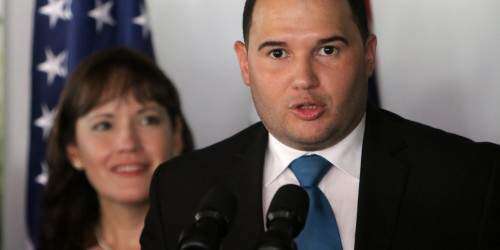
The Office for Socioeconomic and Community Development (ODSEC, by its Spanish acronym) will lobby in Washington to prevent the elimination of the federal housing funding program, which would cut the $57 million now being assigned to low-income communities, according to information provided to NotiCel by Executive Director Jesús Velez.
ODSEC, the entity that replaced the Office for Special Communities, is gearing up—with the help of the United States Conference of Mayors—to visit members of Congress and federal government officials to mitigate this significant cutback.
‘We’re planning to visit Washington again, to lobby as necessary, along with the rest of the US mayors, and to adopt legislative strategies so the cutback won’t affect us,’ Vélez explained.
The lobbying efforts will seek to maximize the power held by US mayors in regards to the legislation being passed by members of Congress. This will be done jointly with the Association of Counties (comprising unified municipalities), which has also initiated a process to educate on the importance of these funds.
‘We initially sent a series of communications reporting on the budgets and the amount of affected families. Our mayors, the governor, and this office are in contact with the Conference, because they have the ears of their representatives in Congress. In that sense, both Republicans and Democrats are making pointed efforts to prevent the CDBG funds from being eliminated,’ the official remarked.
Vélez explained that the government is taking cautionary measures to send Congress members a message about the importance of maintaining these federal funds, and to explain the effect this proposed cutback on HUD and CDBG funds would have on Puerto Rico. In the island, these funds are used to help develop disadvantaged communities through service.
‘Since they want to eliminate the program, it would result in us losing $57 million, which are being used in Puerto Rico, mostly to help build infrastructure to continue developing communities. Losing those funds would affect the work being done with marginalized areas,’ Vélez pointed out.
According to him, the funds targeted for elimination allow Puerto Rico to acquire and renovate structures that have been condemned as public nuisances. It also helps make improvements to sidewalks, lighting, and aluminum barriers or fences in dangerous zones within high-risk communities, small businesses, etc. Although these funds have already been allocated for next fiscal year, the proposed cutback would affect the funds for FY2018-2019.
He said that the mayors in the US believe that Congress will not eliminate the federal program, but rather revise it and apply at least a 20% cutback. If this were the case, Puerto Rico would not necessarily suffer a proportionate cutback to the nearly $57 million received through this allocation.
‘There could be a reduction, but it wouldn’t necessarily be 20%. Over the last fifty budgets, they have never been approved exactly as proposed by the president. We hope that the leadership in Congress will reconsider the cutback to CDBG funds, which is one of the federal programs that have remained unaltered for more than four decades, due to its social benefits.’
Vélez stated that the public congressional hearings would begin by mid-July, so there could be a clearer picture of what the federal program could look like in the next US budget. He insisted that these funds are essential at a moment when Puerto Rico’s municipalities will be suffering cutbacks to the funds allocated from the general fund.
Popular ahora

Bienvenido a Noticel
Empieza a crear una cuenta
Verificación de cuenta
Te enviaremos un correo electrónico con un enlace para verificar tu cuenta. Si no lo ves, revisa tu carpeta de correo no deseado y confirma que tienes una cuenta vinculada a ese correo.
Has olvidado tu contraseña
Introduce el correo electrónico de tu cuenta y te enviaremos un enlace para restablecer la contraseña.
Has olvidado tu contraseña
Le hemos enviado un correo electrónico a {{ email }} con un enlace para restablecer su contraseña. Si no lo ve, revise su carpeta de correo no deseado y confírmeme que tiene una cuenta vinculada a ese correo electrónico.
Personaliza tu feed
Verifica que tu dirección de correo electrónico sea correcta. Una vez completado el cambio, utiliza este correo electrónico para iniciar sesión y administrar tu perfil.
Elige tus temas
- Deportes
- Economía
- El Tiempo
- Entretenimiento
- Más
- Noticias
- Opiniones
- Última Hora
- Vida y Bienestar
- Videos y Fotos

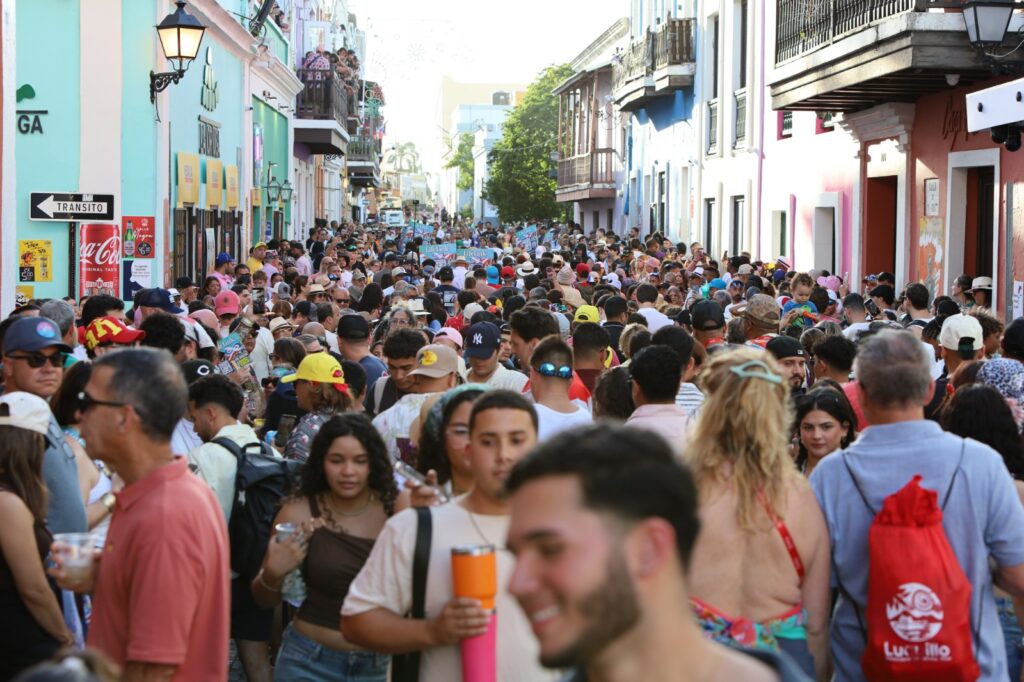

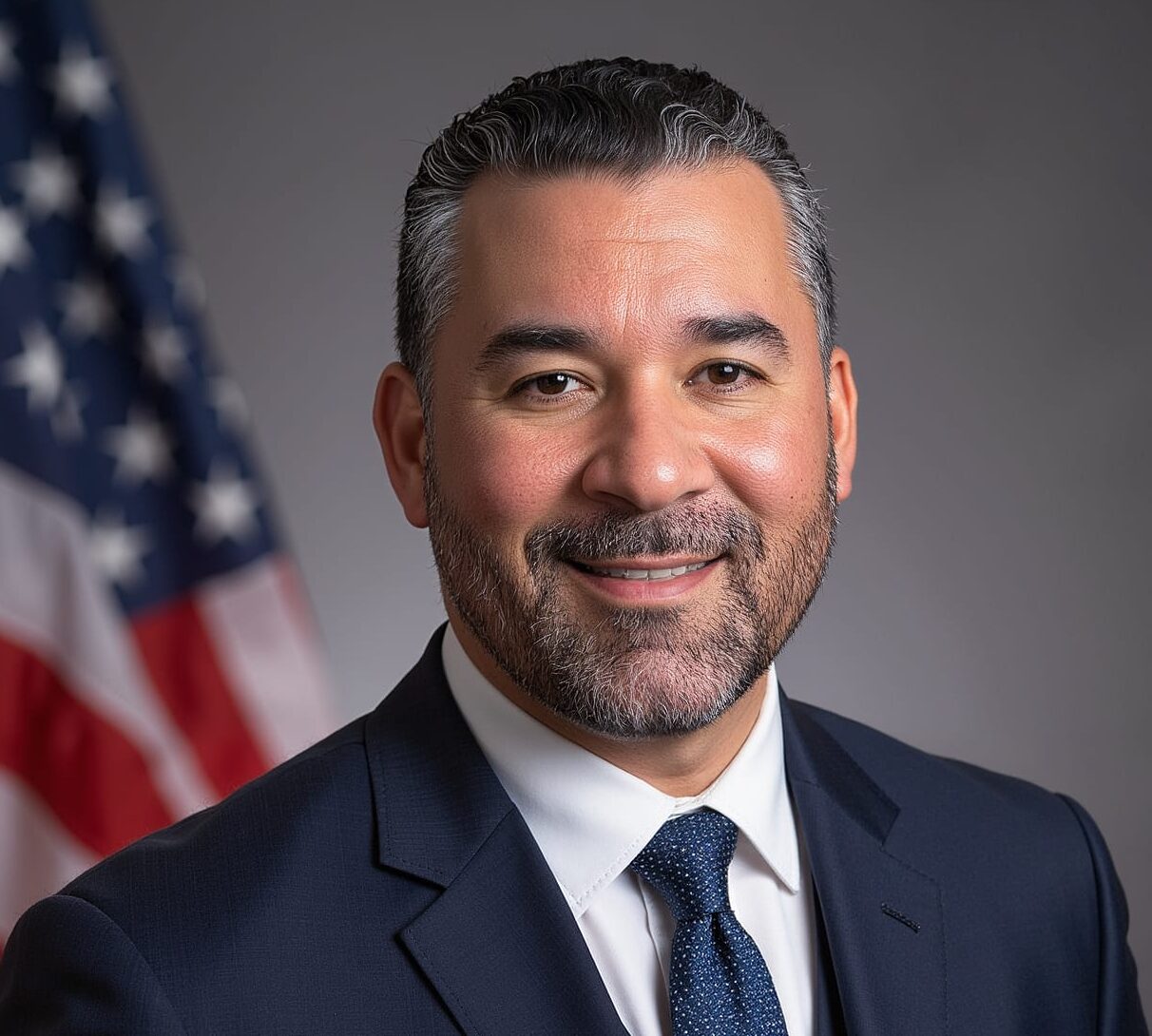



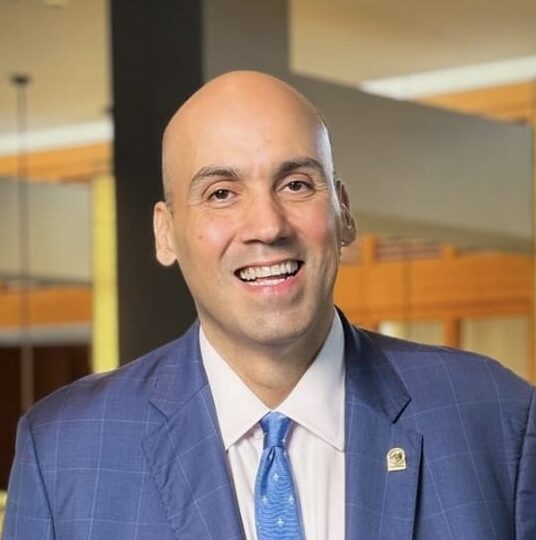
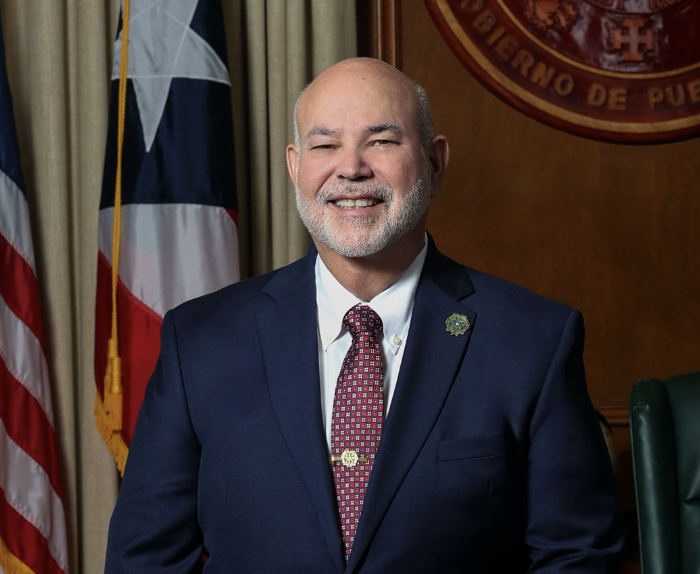
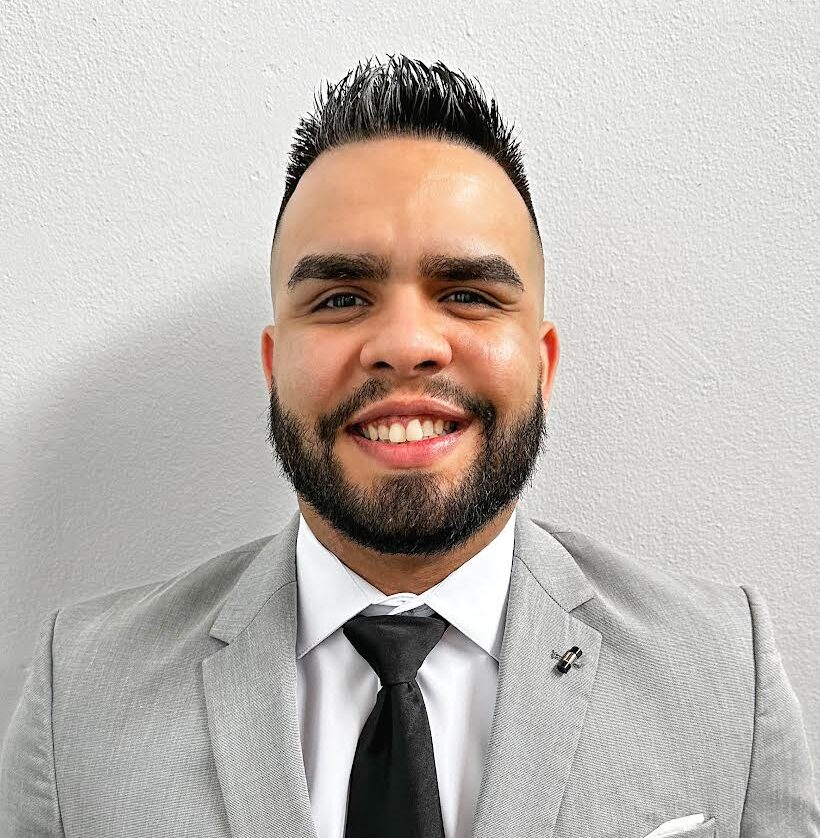
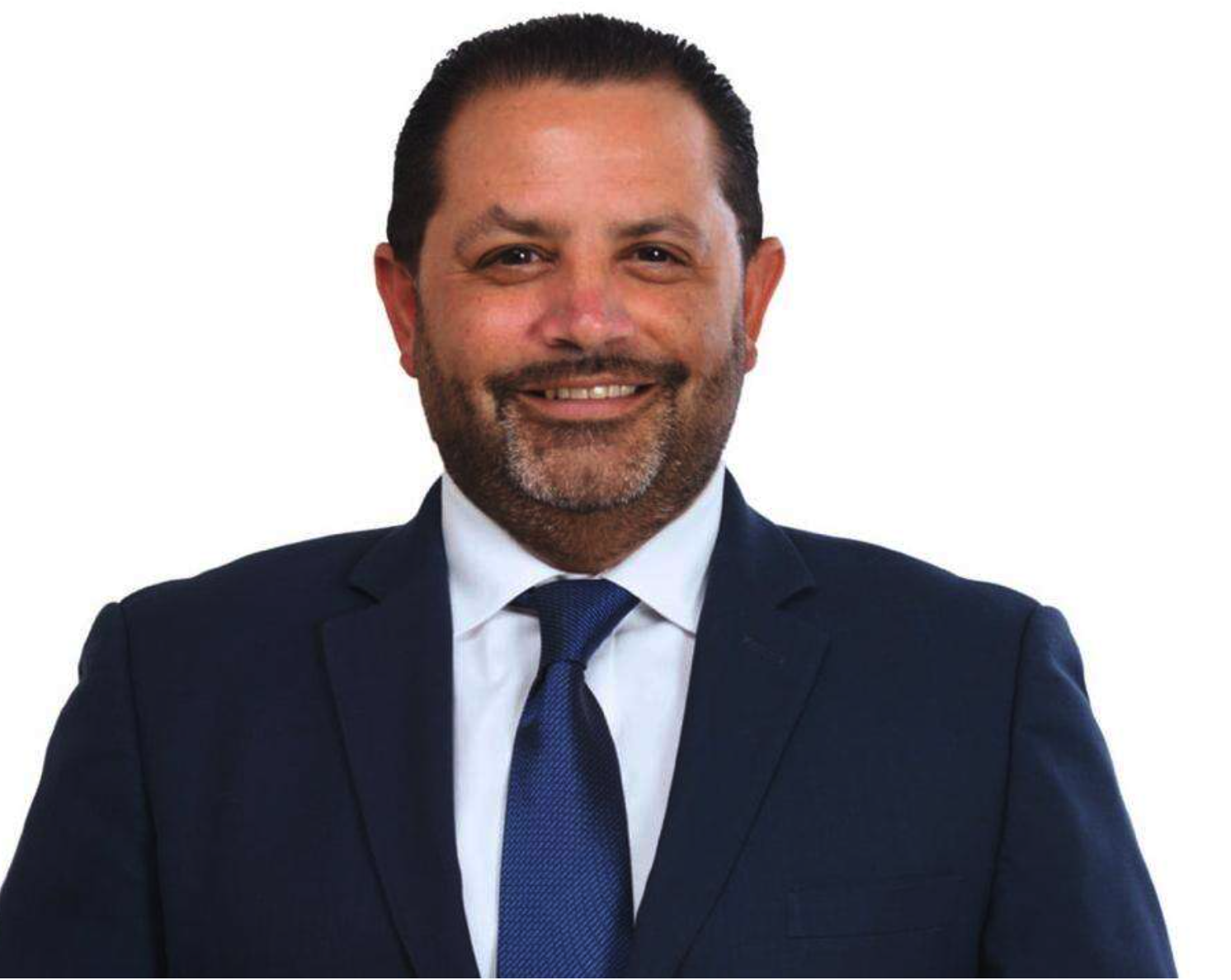

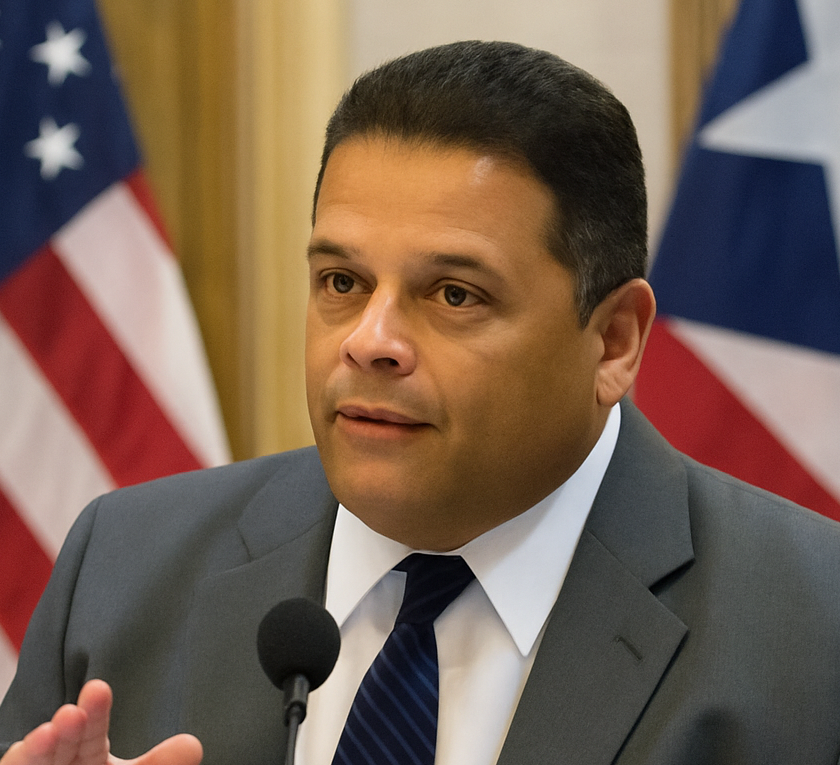



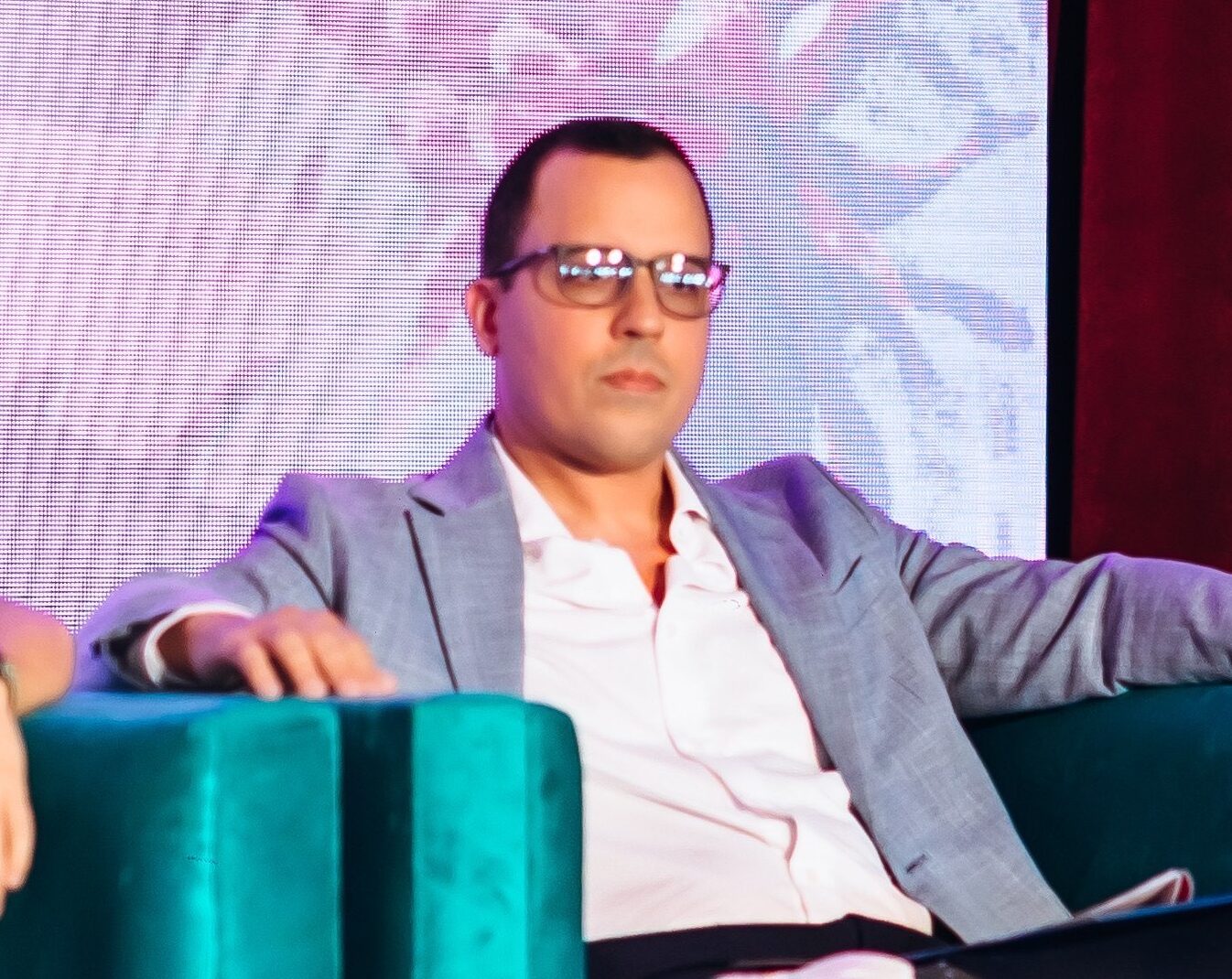

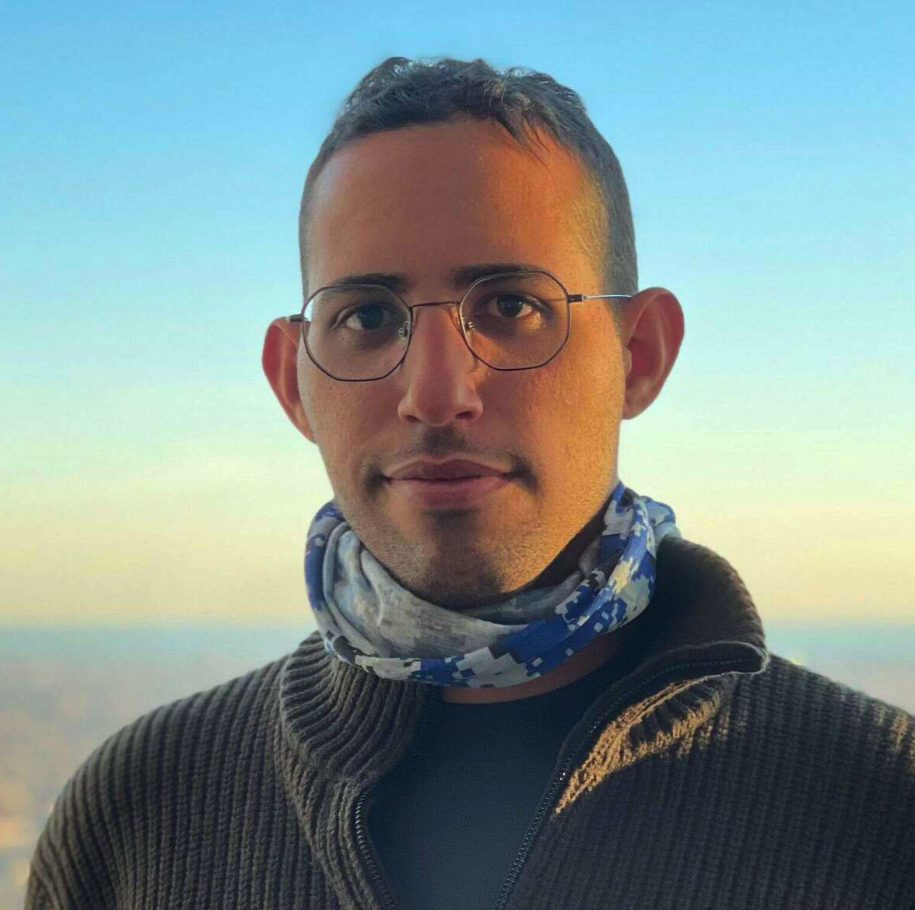
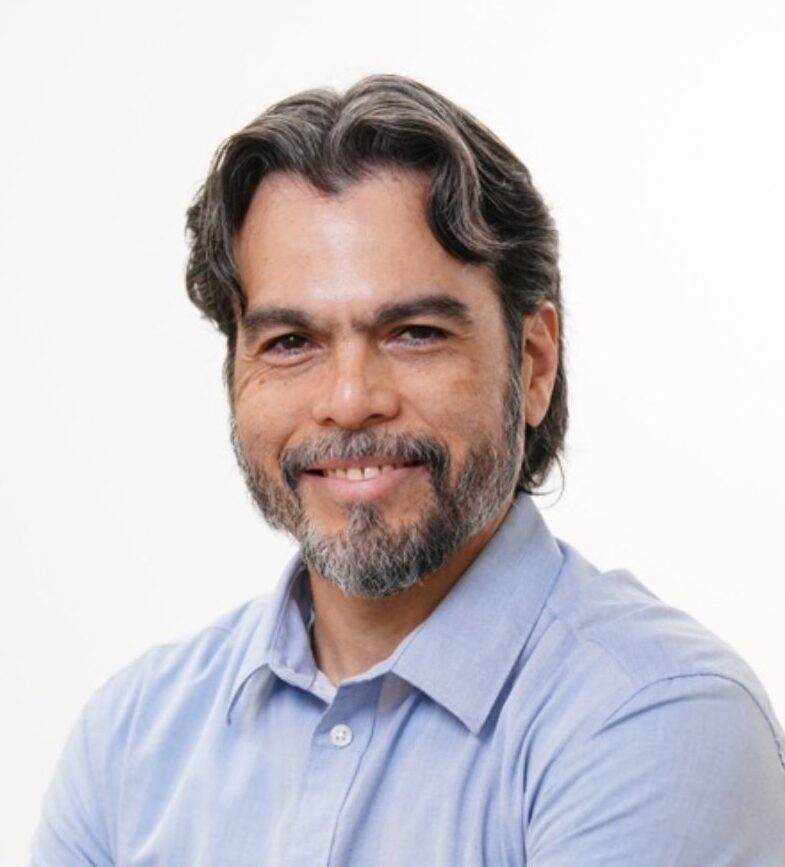
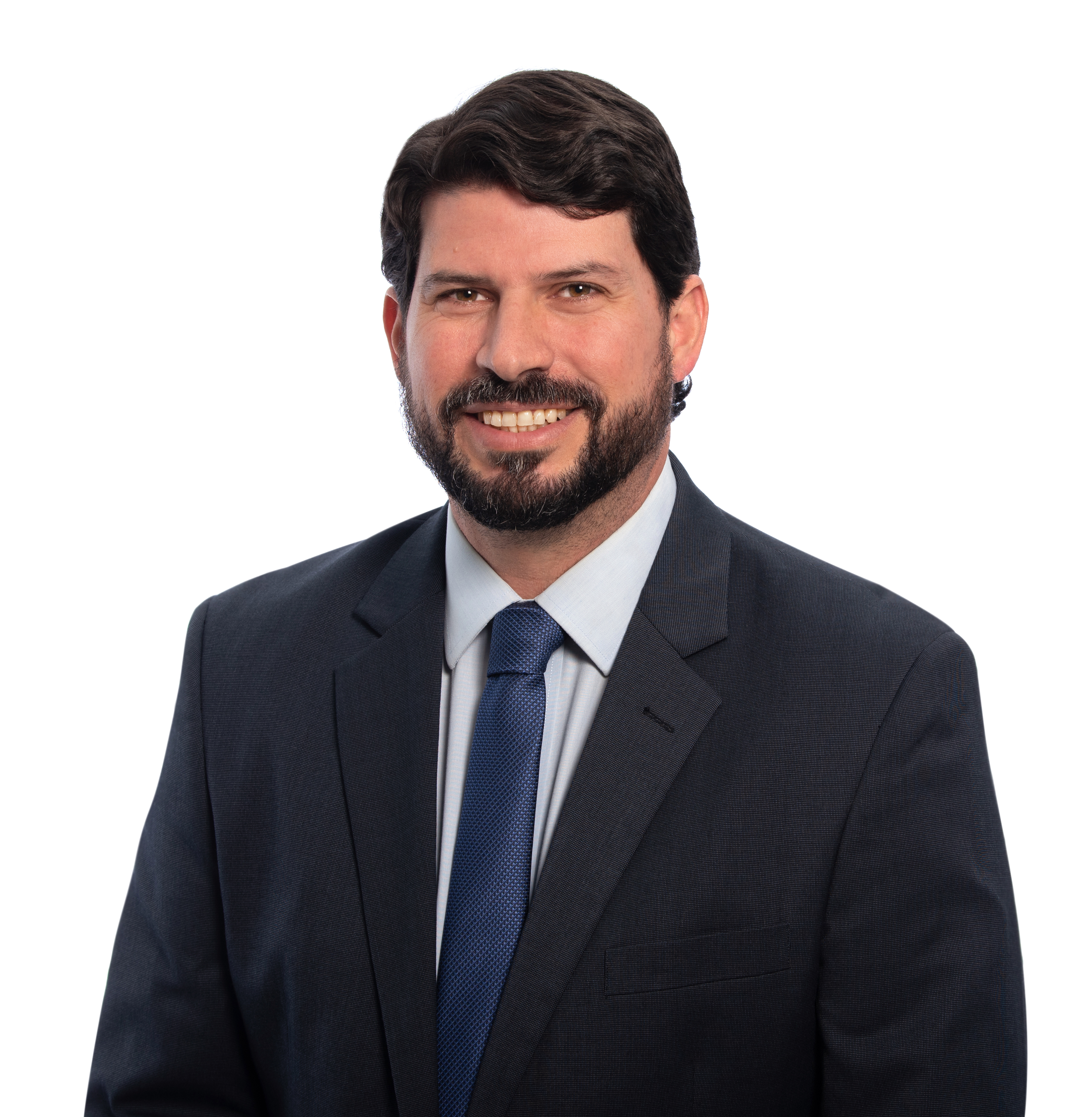

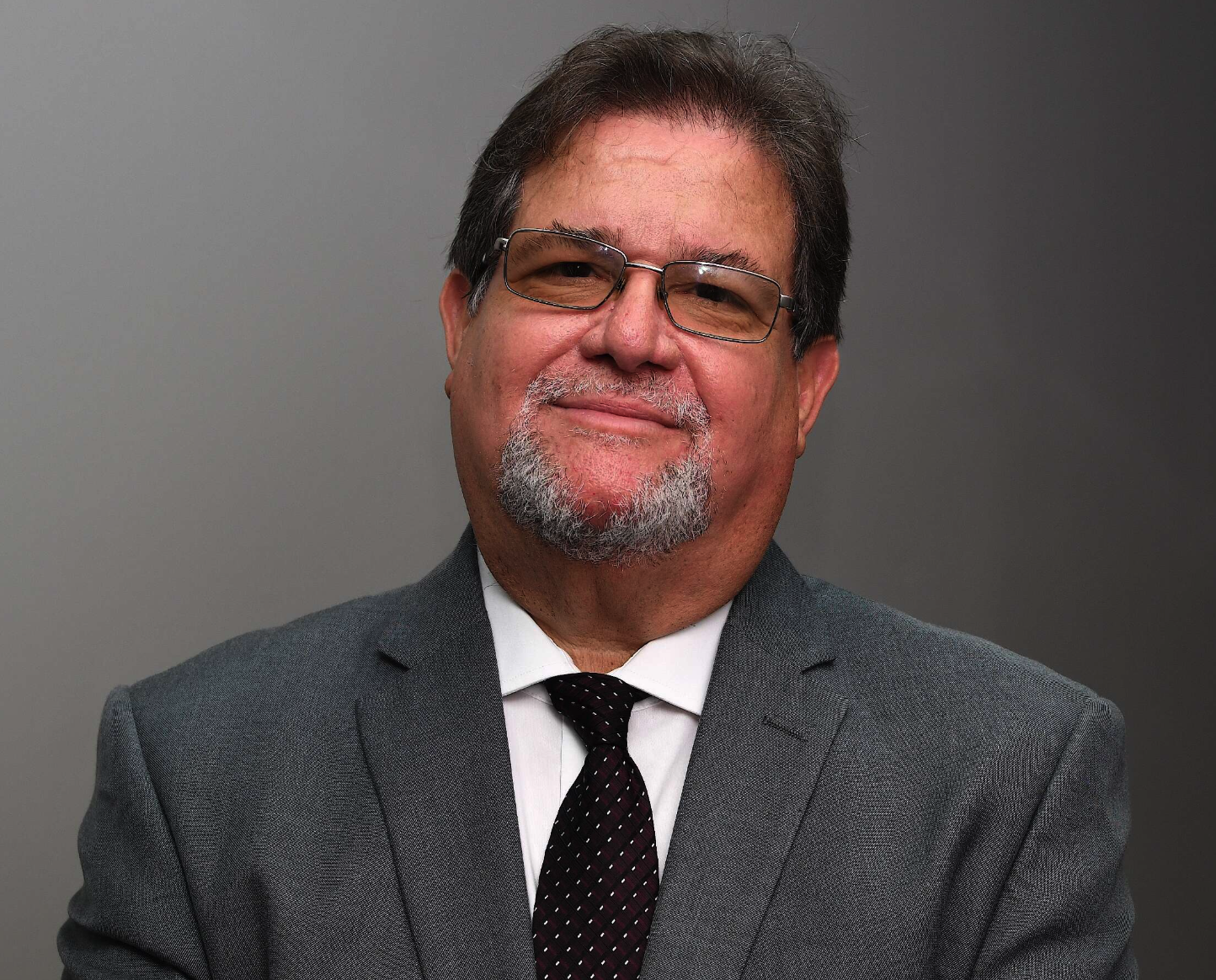
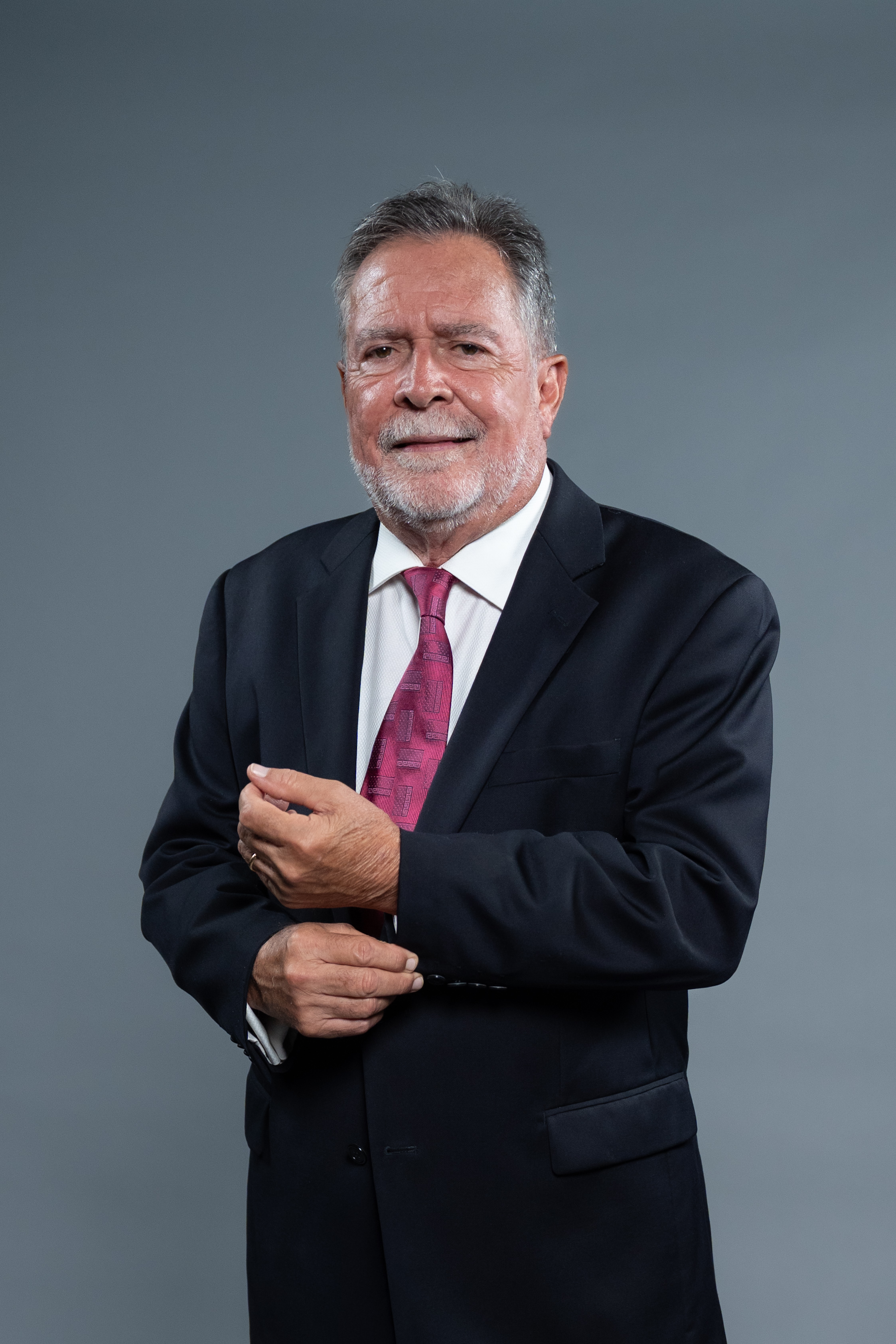
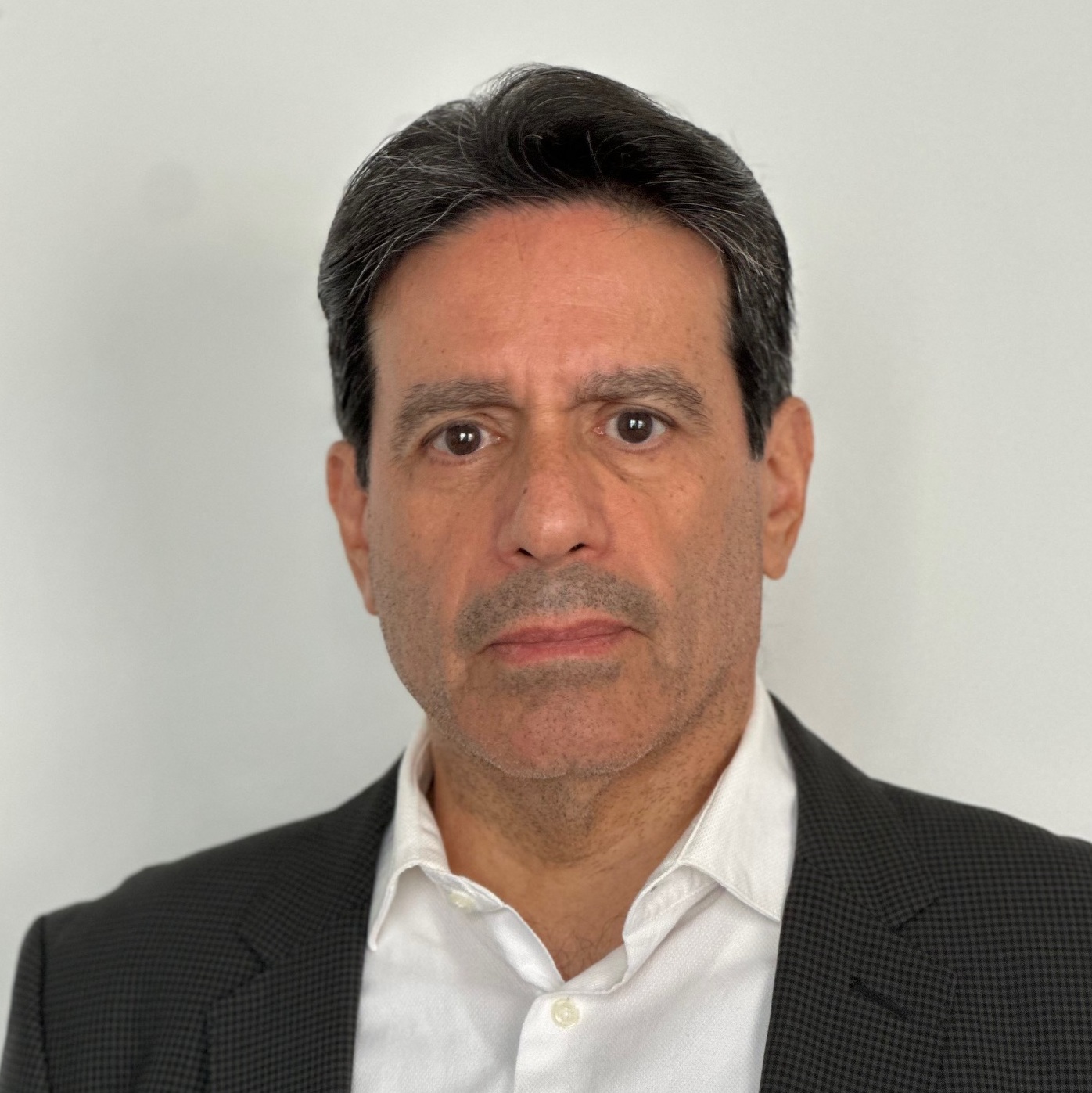
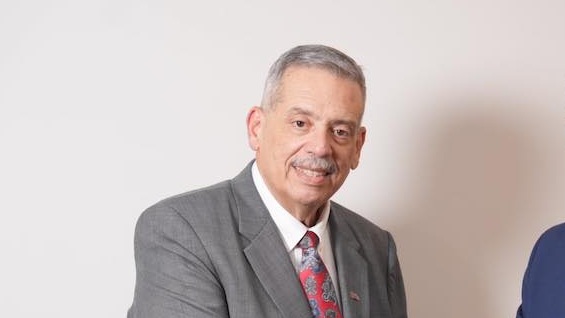
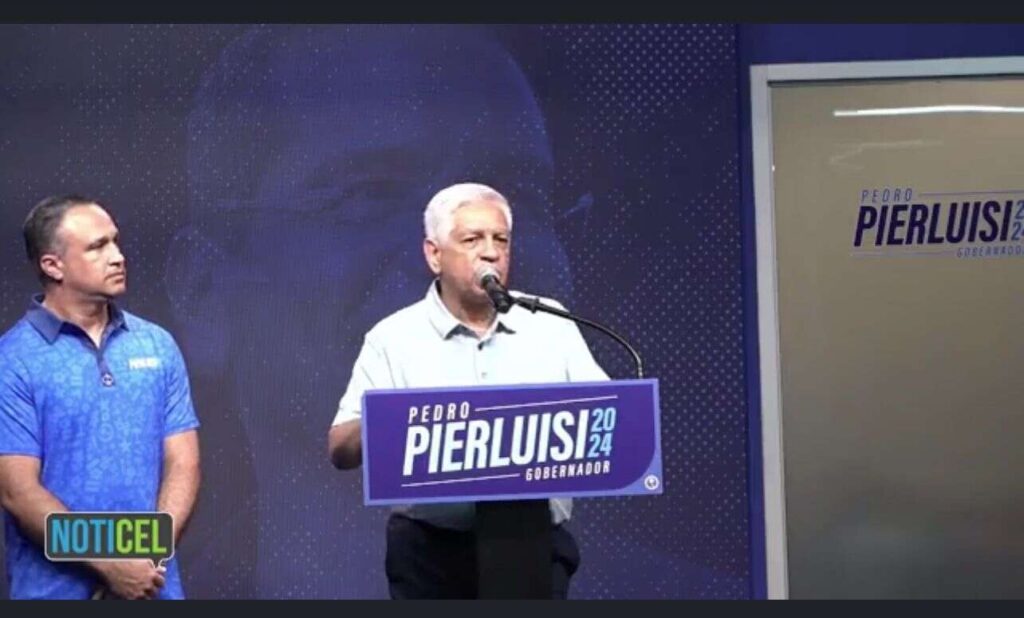
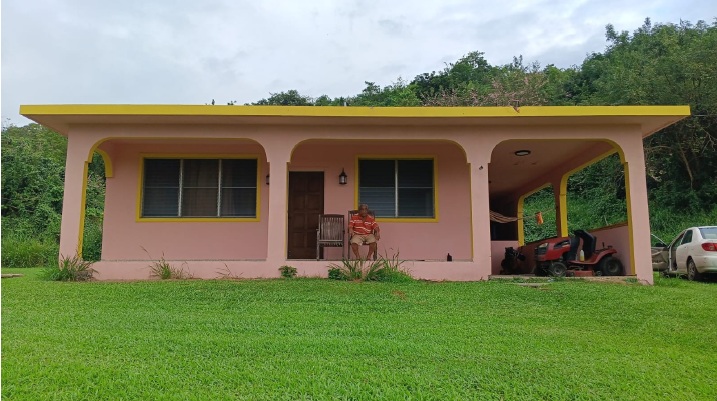
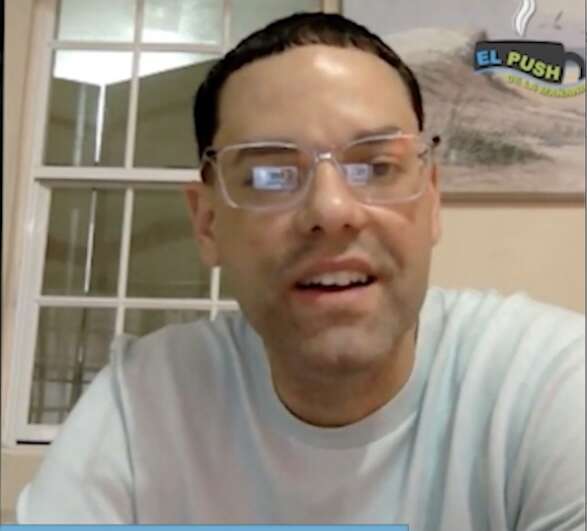
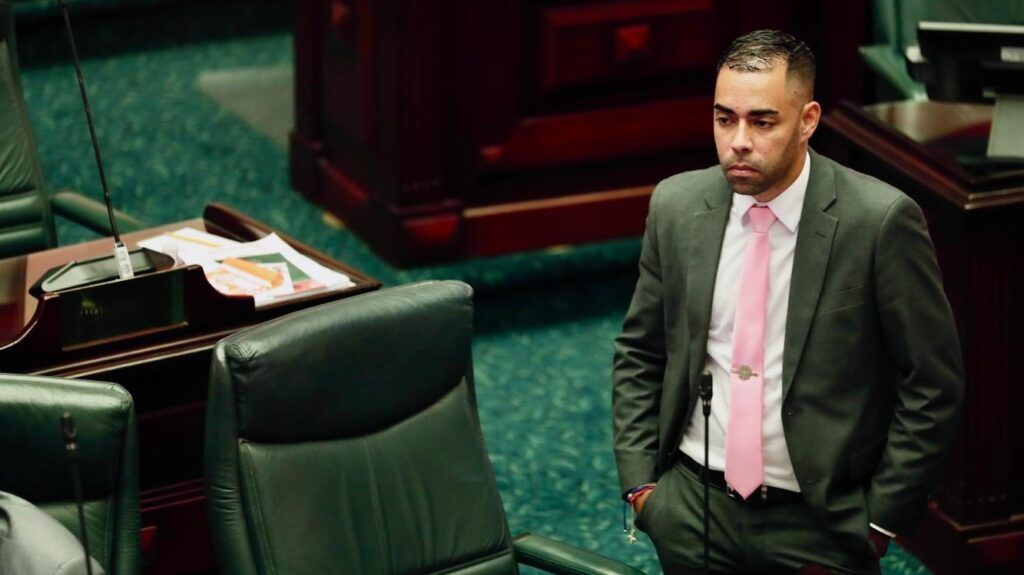


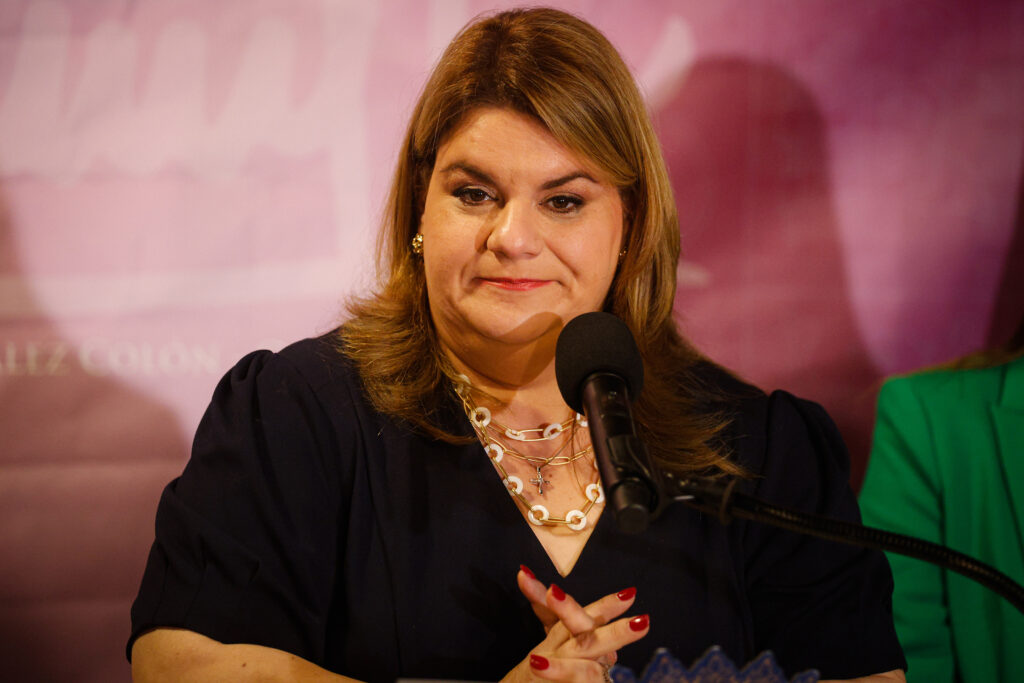

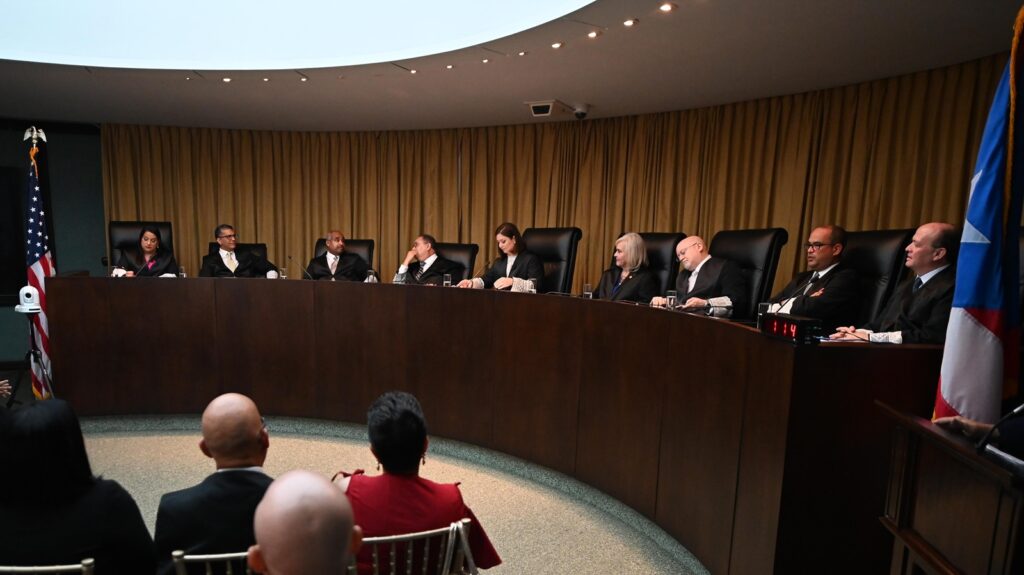
Comentarios {{ comments_count }}
Añadir comentario{{ child.content }}